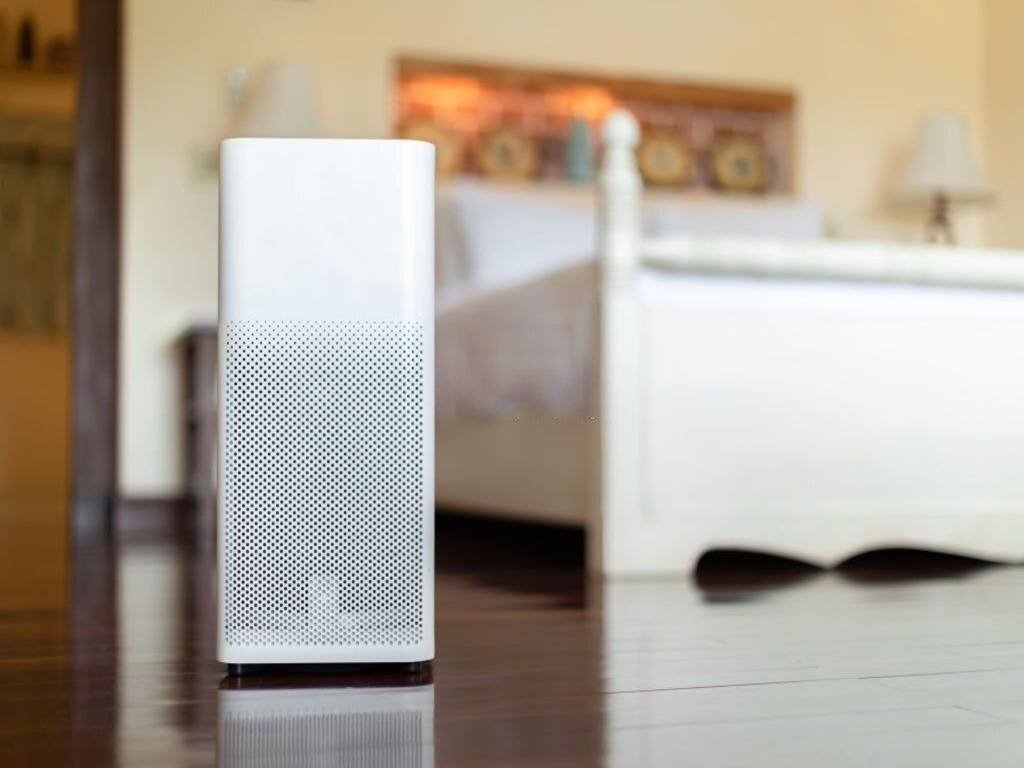
When it comes to managing respiratory health, what you eat can play a significant role. Certain foods have the potential to exacerbate breathing issues, whether due to allergies, asthma, COPD, or other respiratory conditions. Being mindful of what you consume can help alleviate symptoms and promote better lung function. Here are seven of the worst foods for breathing issues that individuals with respiratory conditions may want to avoid:
Dairy Products
Dairy products such as milk, cheese, and yogurt are known to increase mucus production in some individuals. Excess mucus can lead to congestion and difficulty breathing, particularly for those with asthma or chronic bronchitis. While not everyone is affected by dairy in this way, it’s worth limiting dairy intake if you notice an increase in mucus production or breathing difficulties after consuming these products.
Processed Meats
Processed meats like bacon, sausage, and deli meats are high in sodium and preservatives, which can trigger inflammation in the airways and worsen symptoms for people with asthma or COPD. Additionally, these meats often contain additives like sulfites and nitrates, which may exacerbate respiratory issues in sensitive individuals.
Fried Foods
Fried foods are high in unhealthy fats and can contribute to inflammation throughout the body, including the respiratory system. The oils used for frying, such as vegetable oils and hydrogenated oils, release harmful compounds when heated to high temperatures, which can irritate the airways and make breathing more difficult.
Sugary Beverages
Sugary beverages like soda, fruit juices, and energy drinks are packed with refined sugars and artificial additives that can trigger inflammation and compromise lung function. Excessive sugar intake has been linked to an increased risk of respiratory conditions like asthma and COPD, making it important to limit consumption of these beverages for optimal respiratory health.
High-Sodium Foods
Foods high in sodium, such as processed snacks, canned soups, and fast food, can contribute to water retention and bloating, which may exacerbate breathing difficulties for individuals with respiratory conditions. High sodium intake has also been associated with increased airway inflammation and decreased lung function, making it advisable to choose low-sodium alternatives whenever possible.
Sulfur-Rich Foods
Sulfur-rich foods like onions, garlic, and cruciferous vegetables (e.g., broccoli, cauliflower, cabbage) contain compounds that can produce sulfur gas in the digestive tract, leading to bloating and gas. In some individuals, this can put pressure on the diaphragm and make breathing more challenging, particularly for those with COPD or other respiratory conditions.
Alcohol
Alcohol can have a depressant effect on the respiratory system, slowing down breathing and causing relaxation of the airway muscles. For individuals with sleep apnea or other breathing disorders, alcohol consumption can worsen symptoms and increase the risk of respiratory complications during sleep. Additionally, alcoholic beverages like beer and wine may contain sulfites, which can trigger asthma attacks in sensitive individuals.
While these foods may exacerbate breathing issues for some individuals, it’s essential to remember that everyone’s body reacts differently. Keeping a food diary and noting any changes in respiratory symptoms after consuming certain foods can help identify triggers and inform dietary choices. For those with severe respiratory conditions, consulting with a healthcare professional or registered dietitian is recommended for personalized dietary guidance and management strategies. By being mindful of what you eat and avoiding these worst foods for breathing issues, you can better manage your respiratory health and breathe easier.






















